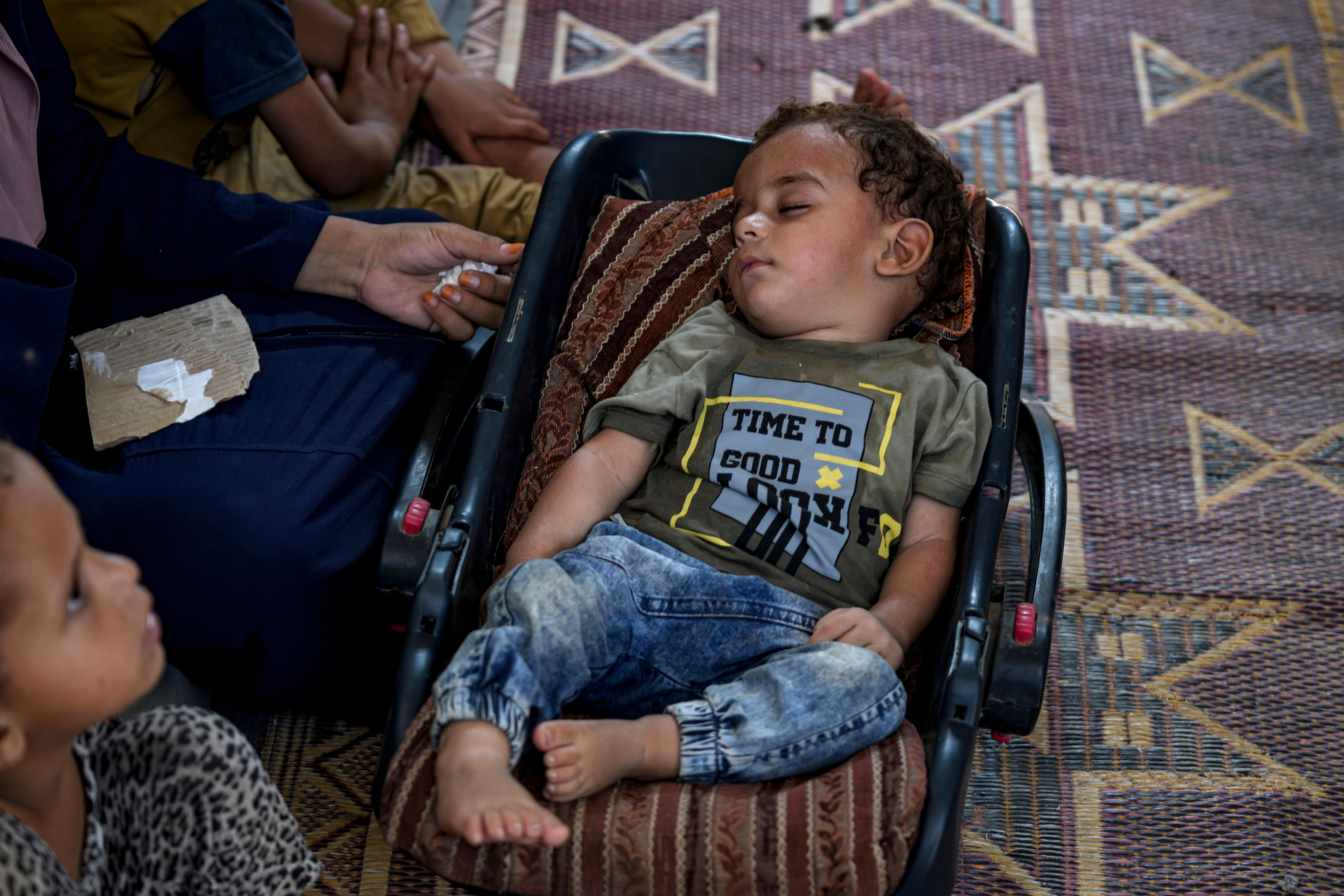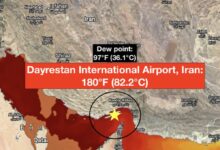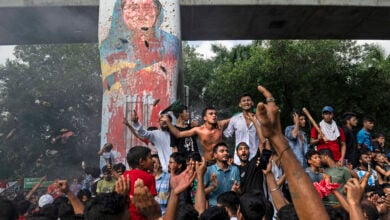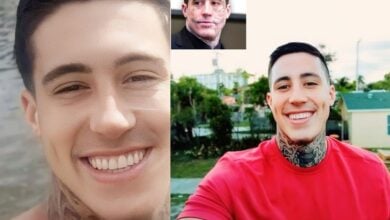Israel to implement three-day pauses in Gaza for polio vaccinations
Three-day pauses in Gaza to vaccinate children against polio, says WHO

Israel has agreed to implement a series of three-day “humanitarian pauses” in Gaza to enable health officials to administer polio vaccinations to children, announced the World Health Organization on Thursday. Rik Peeperkorn, the WHO representative for Palestinian territories, stated that the campaign will commence on 1st September in central Gaza, with a three-day pause during the vaccination efforts.
The vaccination programme will extend to southern and northern Gaza, each receiving their own three-day pauses. Peeperkorn mentioned that Israel has also agreed to provide an additional day if necessary. The campaign targets over 640,000 children under the age of 10.
Michael Ryan, WHO deputy director-general, emphasised to the UN Security Council the critical need for all parties to adhere to their commitments. He highlighted that at least 90 percent coverage is essential in each round to halt the outbreak and prevent the international spread of polio. He noted that 1.26 million doses of the NoPV2 vaccine have been delivered to Gaza, with an additional 400,000 expected to arrive. The oral vaccine is administered in two drops, and health workers will need to return in four weeks to give a second dose, although there has been no public discussion of arranging another pause for this second round.
BREAKING: The World Health Organisation has announced that there will be limited pauses in the fighting in Gaza to allow for polio vaccinations.
More here: https://t.co/6JjuXoGWPK
📺 Sky 501, Virgin 602, Freeview 233 and YouTube pic.twitter.com/9QKqdUen9a
— Sky News (@SkyNews) August 29, 2024
Oren Marmorstein, Israel’s foreign affairs spokesman, stated on X that Israel has coordinated a large-scale operation with WHO and UNICEF to vaccinate Gaza’s children against polio. Hamas has expressed support for the “UN humanitarian truce.”
US deputy ambassador to the United Nations, Robert Wood, stressed the urgency of implementing the campaign without delay. He urged Israel to facilitate access for the agencies conducting the vaccination campaign and to ensure periods of calm, refraining from military operations during vaccination times.
A 10-month-old baby is Gaza's first confirmed polio case in 25 years, following UN calls for a pause in Israel’s war to allow child vaccinations. pic.twitter.com/171CuiiUmC
— Al Jazeera English (@AJEnglish) August 28, 2024
The United States and European Union have raised concerns about polio in Gaza after the first case in 25 years was confirmed this month in an unvaccinated 10-month-old baby. Poliovirus is highly infectious and often spreads through sewage and contaminated water, a growing issue in Gaza due to the destruction of infrastructure amid the conflict. The disease mainly affects children under five, causing deformities, paralysis, and can be fatal.
What Other Media Are Saying
- AP News reports that Israel has agreed to temporary ceasefires in Gaza to facilitate polio vaccinations for 640,000 children, following the region’s first confirmed case in 25 years.(read more)
- Al Jazeera reports on Israel’s military campaign in Gaza, highlighting humanitarian pauses for vaccinations and sanctions on Israeli settlers in the West Bank, emphasizing the escalating conflict and international reactions.(read more)
- PBS News reports on a deal between the WHO and Israel to allow limited pauses in Gaza fighting to facilitate polio vaccinations, aiming to vaccinate 640,000 children, a critical step to prevent a polio outbreak amidst the ongoing conflict.(read more)
Frequently Asked Questions
Here are some common questions asked about this news
Why are there humanitarian pauses in Gaza?
To allow health officials to administer polio vaccinations to children.
When will the polio vaccination campaign in Gaza start?
The campaign will start on the first of September.
How many children are targeted for polio vaccination in Gaza?
The campaign aims to cover more than 640,000 children under the age of 10.
What is required to stop the polio outbreak in Gaza?
At least 90 percent of coverage is needed during each round of the campaign.
How is the polio vaccine administered to children in Gaza?
The vaccine is administered orally in two drops.







